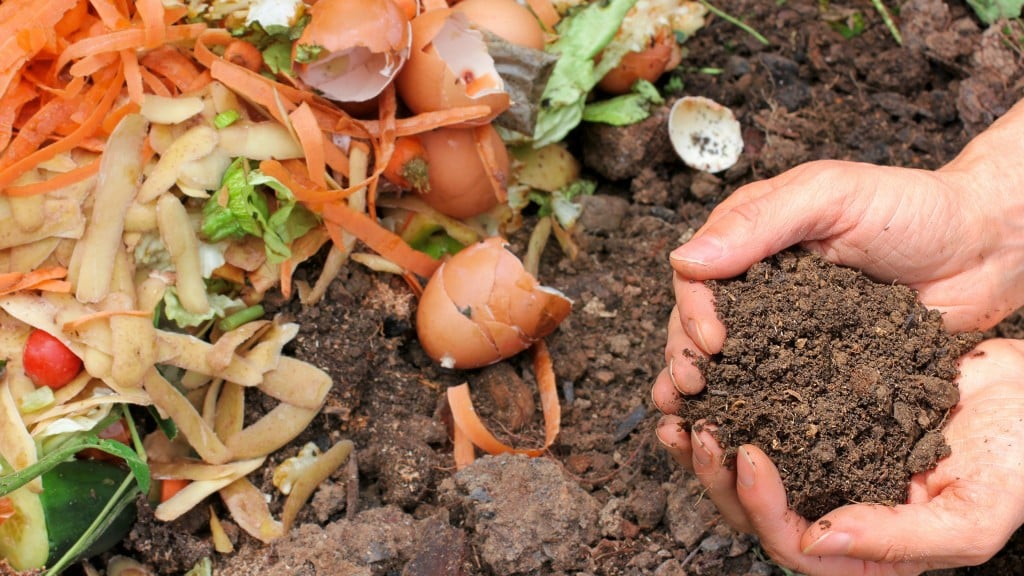As defined by author, Malcolm Gladwell, in his book, The Tipping Point: How Little Things Can Make a Big Difference, a “tipping point” is “a moment of critical mass, a threshold, a boiling point”.
If our recent Compost Matters regional workshops are any indication, organics recycling in Canada is reaching its tipping point. We are approaching the stage when organic residuals are being given the respect they deserve for their potential to help achieve dramatic waste diversion gains and greenhouse gas emissions reductions, and for their fundamental importance in terms of the long term health and vitality of our soils.
Our recent workshops gathered together “agents of change” who are making the community connections needed, acting as information (and technology) brokers, and who are demonstrating through their research and actions that the world of organic residuals recycling offers immense solutions to real-world and local environmental, social and economic problems.
It’s a great time to be involved and to be helping to make the discarding of food scraps, garden trimmings, residential and industrial-scale organic residuals, from all sources, history. It is a great time to be helping to create instead a reality where all organics are captured and used to fulfil their resource potential, while at the same time treating our earth more gently and respectfully.
The activities and hard work of our organics residuals recyclers are indeed making the difference.
In our Compost Matters in B.C. workshop, we toured the City of Victoria’s compost facility, managed by committed staff in the Parks & Recreation department, where garden and wood debris are being turned into humus-rich compost for return to city grounds. The Victoria Compost Education Centre showcased the “at home” actions of local citizens such as local food and edible gardening, rainwater capture and pollinator protection – all to celebrate compost’s potential.
Level Ground Trading, a direct fair trade coffee company, welcomed our delegates to tour their operation, and discussed the challenges encountered (and needing to be overcome) to provide their products in certified compostable packaging that will not only be acceptable in organics recycling facilities but also provide the fundamental stamina to deliver against food storage, product branding, transportation and shelf life requirements. Finally, our visit to the Tervita landfill – one which is committed to limiting its environmental footprint through the use of multiple liners, leachate and methane gas capture – drove the point home that there are great costs associated with the ongoing disposal of organic residuals.
The Compost Matters in B.C. workshop site visits were complemented by presentations reviewing regulatory dynamics, community drivers such as commercial organic residuals bans, and research that spanned the horizon of possibilities from soil healthcare and increased crop yields to providing solutions to difficult waste and health management issues.
The impact of our Compost Matters B.C. workshop has been multiplied by others held in Alberta, Atlantic Canada and Ontario (with others soon to follow in Manitoba, Quebec and Saskatchewan).
Our story is very compelling. And while The Compost Council of Canada and our members have been advocates of this story for nearly 25 years, we have to keep telling the tale.
Our dear friend, Mark Cullen, Canada’s Gardening Guru, who has undoubtedly been asked the same gardening question many, many times and across many years, once told me that when you think that you have relayed your message “enough”, you need to dig in and bring out every ounce of your being and beliefs and say it again and again. With ever-greater fervour and enthusiasm.
And so with 2015 being the International Year of Soils, and with the Food and Agriculture Organization of the United Nations promoting composting with the encouraging words: “let’s give the soil something back”, we ask all organics recycling and compost advocates to dig a little deeper, tell your story and reach out to capture the full potential of organics recycling and compost.
Whether it is Earth Day, International Compost Awareness Week, Environment Week, our National Compost Conference or just because it’s a great day in the garden, compost indeed matters and every action makes all the difference.



